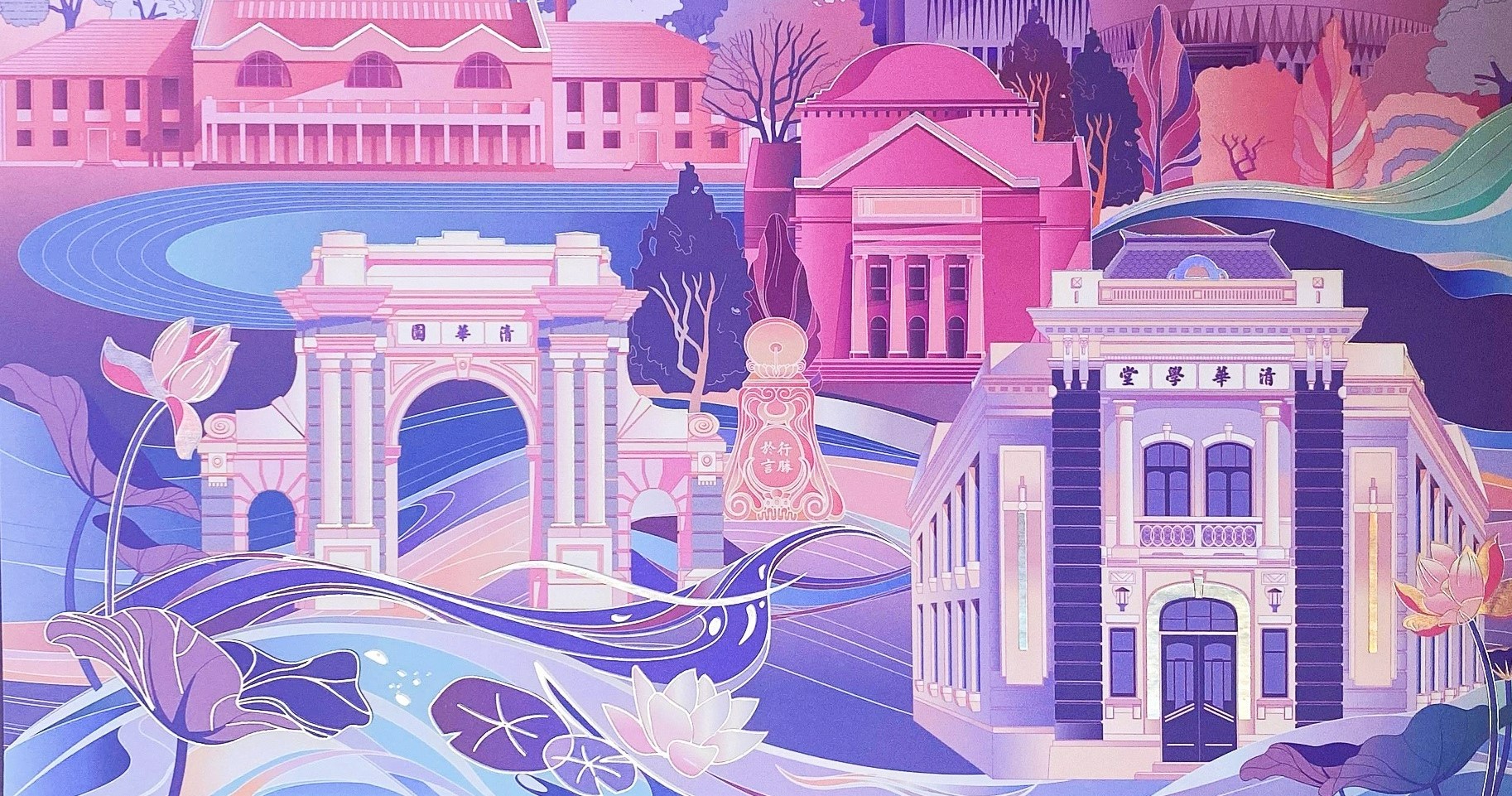Hours after the Pulitzer Prizes were awarded for the best journalism of 2015, students in Tsinghua University welcomed two-time Pulitzer winner Larry C. Price to the School of Journalism and Communication to talk about his distinguished career and behind-the-scenes stories about his new book Tarnished.
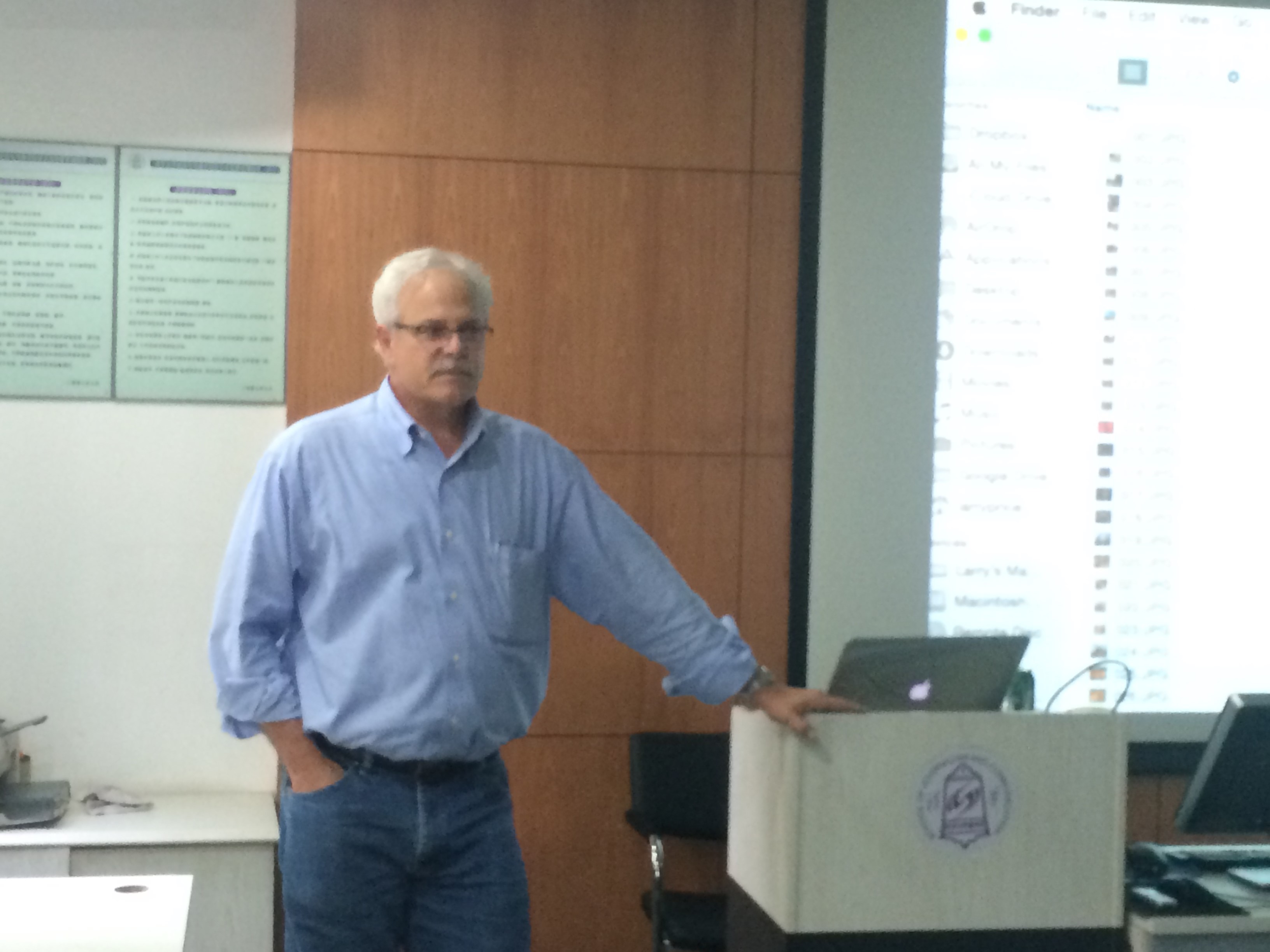
The book Tarnished reveals child-labor abuses and environmental damage caused by gold mining practices in Philippines and Burkina Faso. Price explained how he came to be interested in the story, and how the Pulitzer Center for Crisis Reporting in Washington helped him to turn his three years of reporting into a book. Other material from his research has been aired on the PBS News Hour in the United States.

The Texas native told the Global Business Journalism Program students to develop a wide range of journalism skills but to specialize in something they love to do.
“Feel your passion and develop it into your skills,” he told the Chinese and international students.
After Price first saw a barefoot child doing backbreaking job in the mining village, he couldn’t stop thinking about his own family when he was trying to go to sleep.
“I always thought of my little girl during those nights,” he said.
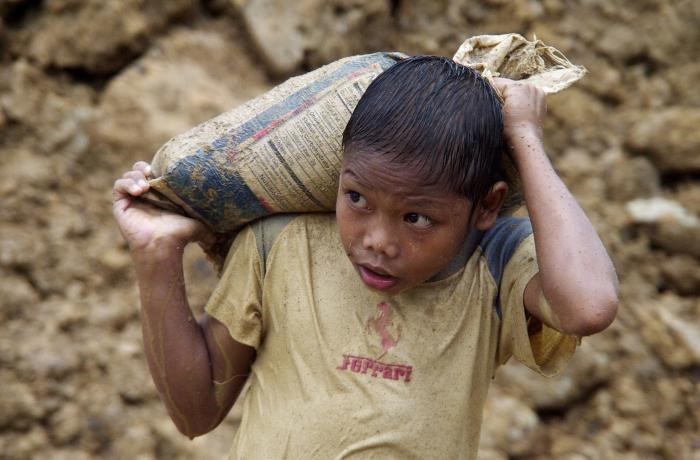
The photographer, who has worked for the Philadelphia Inquirer, Fort Worth Star-Telegram, Denver Post, Baltimore Sun and other American newspapers, recalled memorable moments at various mining sites: how he photographed the miners as young as four years old, how he went down steep, dark shafts to get the images, and how local teenagers relied on primitive methods to collect gold that might fetch them the equivalent of 10 to 30 RMB per week in pay.
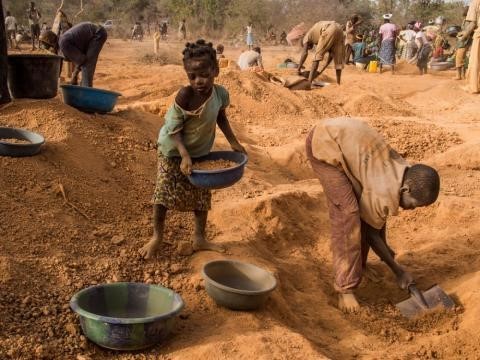
“Our role is to make people aware of things happening there,” he said.
One of the student asked if he has ever worried about his safety when photographing the hazardous conditions. Price responded it was the responsibility of a documentary photographer and a journalist to record the harsh realities of the world, and he believed it was important to bring the images of those children to the outside world.
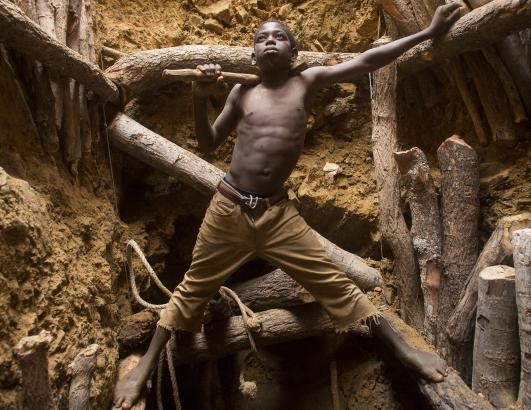
Price is a strong believer in reality. He uses only natural light and sometimes relies on his smartphone to quickly take images.
“Some of my best pictures are taken by my iPhone,” he told the students. “But I don’t do Photoshop because I like to keep it what it is.”
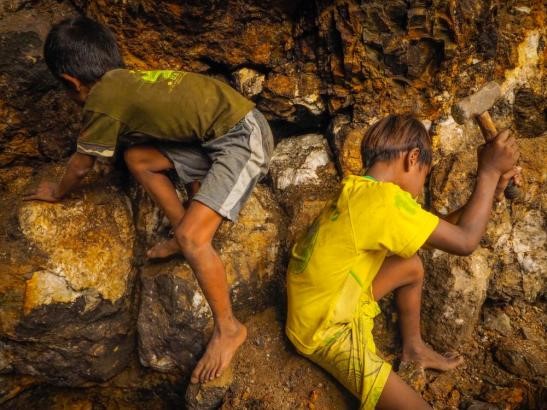
Price has won two Pulitzer Prizes and dozens of other awards for his photography. He won his first Pulitzer Prize for spot news photography for his coverage of the 1980 coup d'état in Liberia in West Africa – which happened to be his first trip out of North America. His second Pulitzer was for his photography documenting the civil wars in El Salvador and Angola in 1985. (By Jiao Jie)
